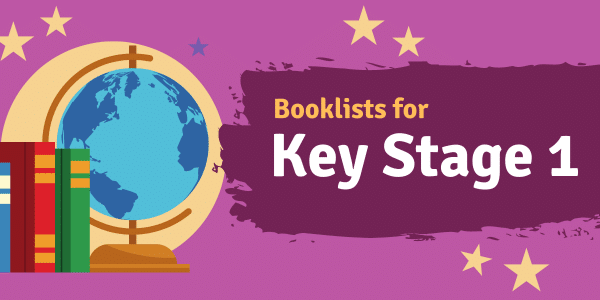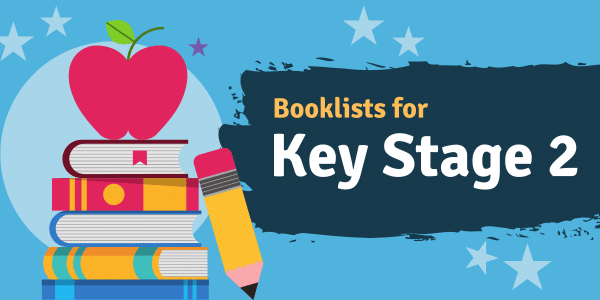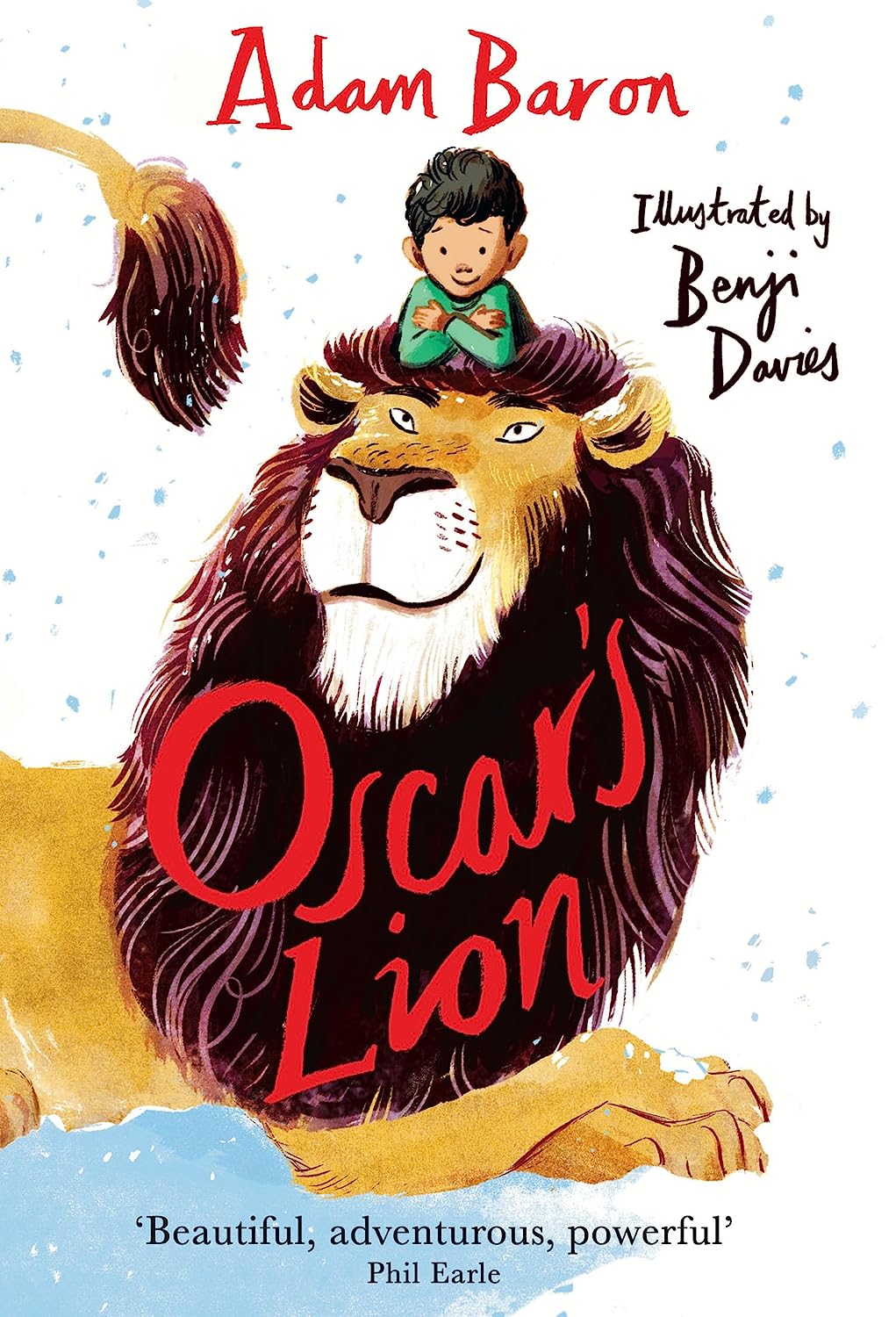Guest Post: Adam Baron
Author of Oscar’s Lion
Growing up and Grief
Losing a Grandparent
My dad died a few years ago – at ninety-seven. A great sadness for me of course, but the hardest thing was having to tell my children that they’d lost their beloved granddad. Having lost my own at twelve, I knew what this would do to them.
I also realised that there aren’t many books about the bond between children and their grandparents – or what happens when a grandparent dies.
Enacting Grief Through Fiction
I thought about writing a straightforward book about this but then had a powerful dream. A boy wakes up to find that his parents have disappeared, and in their place is an enormous lion. This intrusion is scary, as grief is, especially as it forces the boy – my Oscar – into confronting his own recent loss: of his grandma, who died a few months ago.
It also offers Oscar an amazing opportunity for adventure. The lion has to look after Oscar for a long weekend (like a grandparent might) during which he has a fantastical time. The lion helps Oscar confront a bully, and causes mayhem at school when it transforms into a seagull. It takes Oscar back in time to the Battle of Trafalgar, and then into a bomber, on a raid in World War Two.
Oscar comes through these trials and adventures. The eventual return of his parents (who he assumed the lion had eaten) proves that he is able to live on, and to do so very happily. Oscar’s Lion is, therefore, not about grief. Rather, it enacts grief, in all its ragged messiness. It shows – with humour to lighten the load – that grieving and moving on, is natural and doable. Many children will have gone through this – and all children will. I hope that Oscar’s Lion will help them.
Important Conversations for the Classroom
Oscar’s Lion would be a perfect text to start conversations about how the more problematic elements of life can be navigated. This clearly refers to the loss of grandparents but also pertains to moving up year groups or between schools (primary to secondary for instance). We can’t choose not to grow up. We all have to do it – with help.
Oscar’s Lion was also inspired by elements of my own history that could be great conversation-starters. My Uncle Ernest was killed during the same sort of night raid in World War Two that Oscar finds himself part of. Do any of the children have grandparents, or great-grandparents, who served in the war? Oscar’s grandma escaped from the Nazi’s as a child, and made her life in Britain. Do any of the children in your charge have similar stories to tell about their own relatives?
The final conversational kick-starter that Oscar’s Lion offers is probably the most fun of all. Do we believe stories? Is this story actually true? Did a lion really come to visit Oscar? Did it actually come to class and take him back in time? Or is there a more sensible explanation for what happened that weekend?
Many thanks to Adam for stopping by our blog this week!
Read our review of Oscar’s Lion here, or see it featured in our October Books We Love selection. Our review panel called it a ‘little gem’!
We also have more children’s books about grief on our Bereavement and Loss Booklist.
Where next?
> Visit our Reading for Pleasure Hub
> Browse our Topic Booklists
> View our printable year group booklists.
> See our Books of the Month.
















